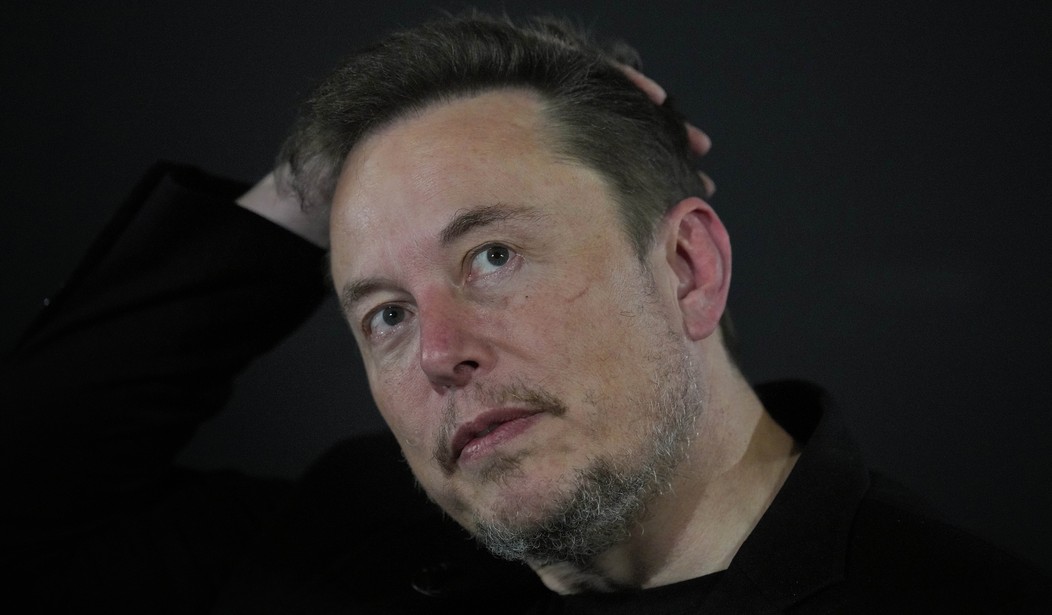After a judge moved to strip Elon Musk of $55 billion dollars in compensation from Tesla, he went online and advised business owners to not incorporate in Delaware. He suggested they consider incorporating in either Texas or Nevada. Now, barely two weeks later, the world's richest man has decided to take his own advice. Musk announced this week that his brain implant company, Neuralink, has reincorporated in Nevada. Similarly, Musk sent a proposal to the shareholders of Tesla urging them to vote for incorporation in Texas. You can apparently only push some people around so much before they take their ball and go home. The $55 billion cash grab was obviously a bridge too far for Elon Musk. (AP)
Elon Musk’s brain implant company Neuralink has moved its legal corporate home from Delaware to Nevada after a Delaware judge struck down Musk’s $55.8 billion pay package as CEO of Tesla.
Neuralink, which has its physical headquarters in Fremont, California, became a Nevada company on Thursday, according to state records. Delaware records also list the company’s legal home as Nevada.
The move comes after Musk wrote on X, formerly Twitter, that shareholders of Austin-based Tesla would be asked to consider moving the company’s corporate registration to Texas.
It's unclear how many other CEOs might follow Musk's example, assuming any of them do. Delaware is the most popular state for companies to incorporate regardless of the physical location of their headquarters and facilities. That's because the total price of incorporation is low, the process can be handled rapidly, and the state's laws favor company management over the rights of shareholders.
That puts Tesla in a rather unique position. Elon Musk is both in management and also a shareholder. But he's far from being the majority shareholder. I still think the judge's decision in his compensation case was incorrect and the rationale behind it was flawed. But the CEOs of other companies who may not be as personally invested as stockholders might not find this situation to be a compelling argument in favor of moving.
Neuralink is an entirely different situation. Musk has full control of the company and can make choices like this pretty much at will. It's also a very different type of company than Tesla, operating largely on venture capital with a total value that's only a fraction of his electric car company. That may change, however, now that Neuralink has implanted its first device into a human brain.
Not that it's any of my business, but I've had qualms about Neuralink from the beginning. The whole concept just sounds incredibly creepy. To be sure, the goals that Musk claims to be working toward seem almost miraculous and could prove invaluable. Allowing disabled people to better navigate the world and interact with their surroundings using just the power of their mind sounds like something out of a futuristic novel, but Elon claims that we're on the verge of doing it.
Still, it just reeks of transhumanism to me. I'm probably old-fashioned in that way, but I get a sense of dread thinking of a world where we are all slowly morphing into robots, even if it means that we might vastly expand our lifetimes. Is it really worth living longer if you have to do so as a machine? Then again, I'm not a fan of electric vehicles, either. I seriously doubt I would purchase a Tesla even if I had the extra cash lying around to painlessly do so. Perhaps, in the end, I'm just a luddite as I've long suspected. I'm probably not part of Elon Musk's target audience. Your mileage may vary.








Join the conversation as a VIP Member